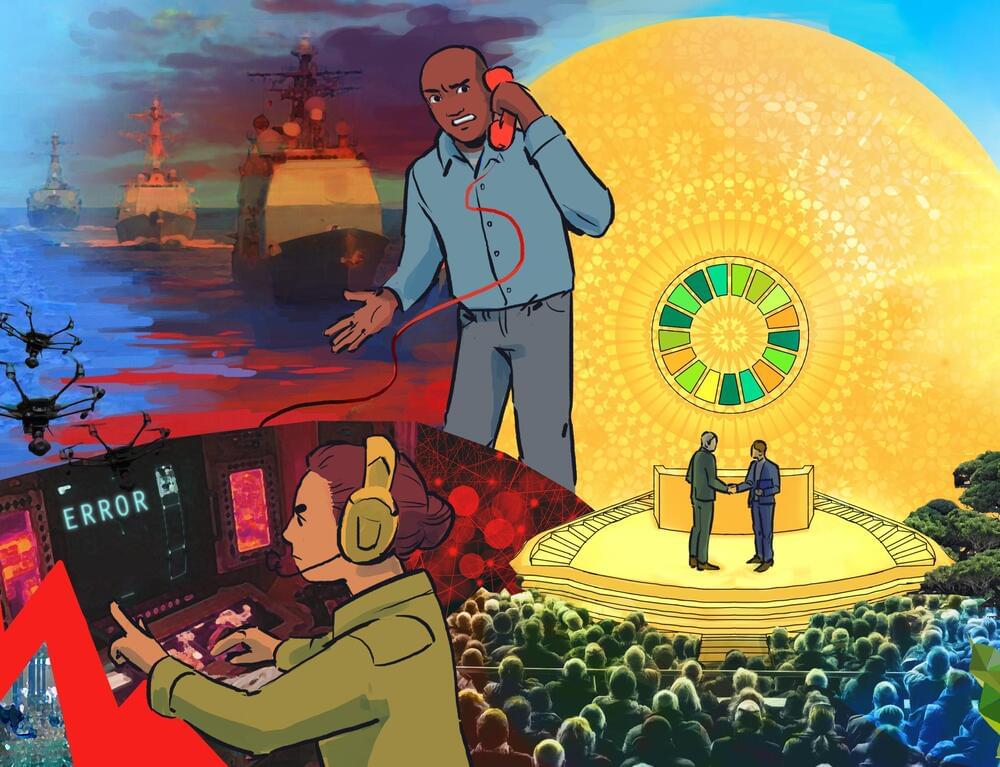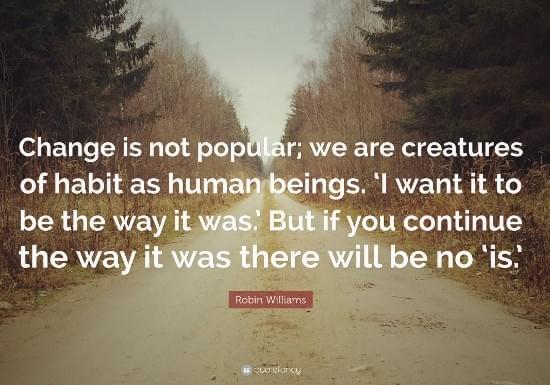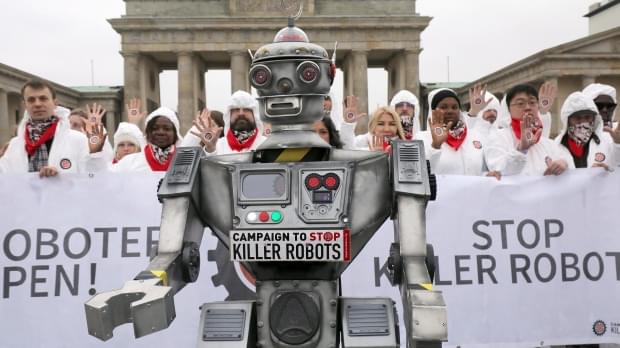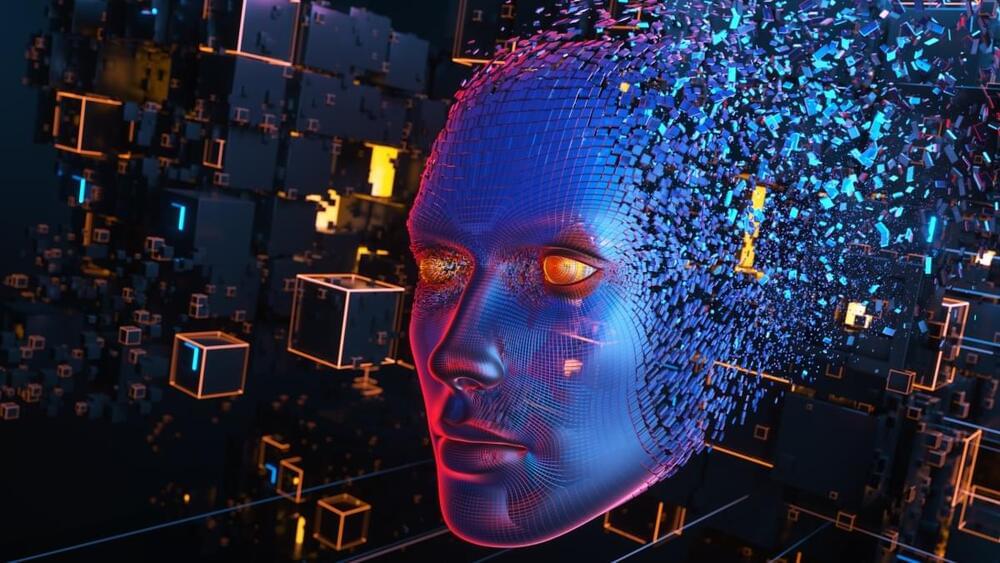Showcasing my finalist entry in the Future of Life Institute’s AI worldbuilding competition.



The SENS Research Foundation Board of Directors has a singular focus – to help the Foundation develop, promote, and ensure widespread access to therapies that cure and prevent the diseases and disabilities of aging. As the body responsible for ensuring the organization’s alignment with its mission, it is important our Board comprise leaders within the longevity field – visionaries dedicated to defeating the effects of aging permanently.
Many supporters have followed with interest our recent separation from our co-Founder Dr. Aubrey de Grey, and some have expressed concern regarding the possibility of our mission focus drifting off course. We remain firmly on-mission and continue to make real progress in our field, however, we acknowledge that we are the foundation we are today because of Dr. de Grey’s vision and leadership within the longevity movement. With this in mind, we have formally offered Dr. de Grey a Directorship within the Board of Directors.
His installment as a Director will be effective immediately upon the successful completion of the recommendations made by the accredited professional he has personally engaged, with a subsequent letter of recommendation to the Board of Directors supporting Dr. de Grey’s ability to fulfill the duties of Directorship. In this capacity, Dr. de Grey would lend his expertise to help steer the vision of the Foundation. Consistent with good governance and past practices, Dr. de Grey and the other members of the Board will approve the annual budget, review the annual audit, interview and hire executives, act as advocates for SRF, and largely ensure that the mission is being adhered to by the organization.
CSIS will host a public event on responsible AI in a global context, featuring a moderated discussion with Julie Sweet, Chair and CEO of Accenture, and Brad Smith, President and Vice Chair of the Microsoft Corporation, on the business perspective, followed by a conversation among a panel of experts on the best way forward for AI regulation. Dr. John J. Hamre, President and CEO of CSIS, will provide welcoming remarks.
Keynote Speakers:
Brad Smith, President and Vice Chair, Microsoft Corporation.
Julie Sweet, Chair and Chief Executive Officer, Accenture.
Featured Speakers:
Gregory C. Allen, Director, Project on AI Governance and Senior Fellow, Strategic Technologies Program, CSIS
Mignon Clyburn, Former Commissioner, U.S. Federal Communications Commission.
Karine Perset, Head of AI Unit and OECD.AI, Digital Economy Policy Division, Organisation for Economic Co-Operation and Development (OECD)
Helen Toner, Director of Strategy, Center for Security and Emerging Technology, Georgetown University.
This event is made possible through general support to CSIS.
A nonpartisan institution, CSIS is the top national security think tank in the world.
Visit www.csis.org to find more of our work as we bring bipartisan solutions to the world’s greatest challenges.
Want to see more videos and virtual events? Subscribe to this channel and turn on notifications: https://cs.is/2dCfTve.


Fujitsu said it will establish an AI ethics and governance office to ensure the safe and secure deployment of AI technologies.
To be headed by Junichi Arahori, the new office will focus on implementing ethical measures related to the research, development, and implementation of AI and other machine learning applications.
“This marks the next step in Fujitsu’s ongoing efforts to strengthen and enforce comprehensive, company-wide measures to achieve robust AI ethics governance based on international best-practices, policies, and legal frameworks,” the company stated.

Another major player in the cryptocurrency world is forecasting a dismal year for Bitcoin (BTC) in 2022. Following the United States Federal Reserve’s and other central banks’ tightening of liquidity measures, Huobi Research believes that BTC will enter a bear market. On the brighter side, decentralized finance (DeFi) will continue to expand and adapt, with decentralized autonomous organization (DAO) governance eventually becoming a major driver of activity on the chain.
Following the Federal Reserve’s and other central banks’ tightening of liquidity measures, Huobi Research believes that Bitcoin will enter a bear market.

Throughout most of human history, the goal was to establish a better life for people. Whether proponents of change admit to it or not, they hope to make everything perfect. However, this very impulse to improve security against everything bad and eliminate all physical ills could precipitate just another kind of doom.
To borrow the words of a Jeff Goldblum character, those of us who did the most to uplift humanity may have been “so preoccupied with whether they could, they didn’t stop to think if they should.”
In Carl Sagan’s The Demon-Haunted World, he pointed out that the modern world is complicated. Everything we don’t understand is something to fear (unless you are a specialist in it), and it is a thing that can be ignorantly speculated about in a vacuum, as vaccines are by many on social media.
Rather than give up on humanity’s ability to come to correct judgments, Sagan offers the tools of critical thinking, taking the form of the famous Baloney Detection Kit. The rules are things you can always try to offer someone if they believe nonsensical conspiracy theories.

In Machinia, Damon learns that the robot uprising was the result of the weapons of war simply refusing to wage war. In the article that follows, the UN is already very concerned about autonomous weapons being deployed that do not require human governance. #war, #UN
GENEVA — Countries taking part in UN talks on autonomous weapons stopped short of launching negotiations on an international treaty to govern their use, instead agreeing merely to continue discussions.
The International Committee of the Red Cross and several NGOs had been pushing for negotiators to begin work on an international treaty that would establish legally-binding new rules on the machine-operated weapons.
Unlike existing semi-autonomous weapons such as drones, fully-autonomous weapons have no human-operated “kill switch” and instead leave decisions over life and death to sensors, software and machine processes.

While AI can provide real-time analysis of enormous amounts of data, an AI system coupled with blockchain technology can provide a transparent data governance model for quicker validation amongst various stakeholders through smart contracts and DAOs.
Blockchain benefits can address AI’s shortcomings
Applying the benefits of blockchain technology can help address various shortcomings of AI and help in increasing people’s trust in AI-based applications. With Blockchain, AI applications acquire the qualities of decentralization, distributed data governance, data immutability, transparency, security, and real-time accountability. Many AI-enabled intelligent systems are criticized for their lack of security and trust levels. Blockchain technology can essentially help in addressing the security and trust deficit issues to a significant extent. Enormous challenges remain for both blockchain technology and Artificial Intelligence. Still, when combined, they display tremendous potential and will complement each other to restore the trust factor and improve efficiency at large.